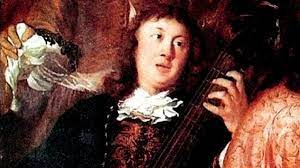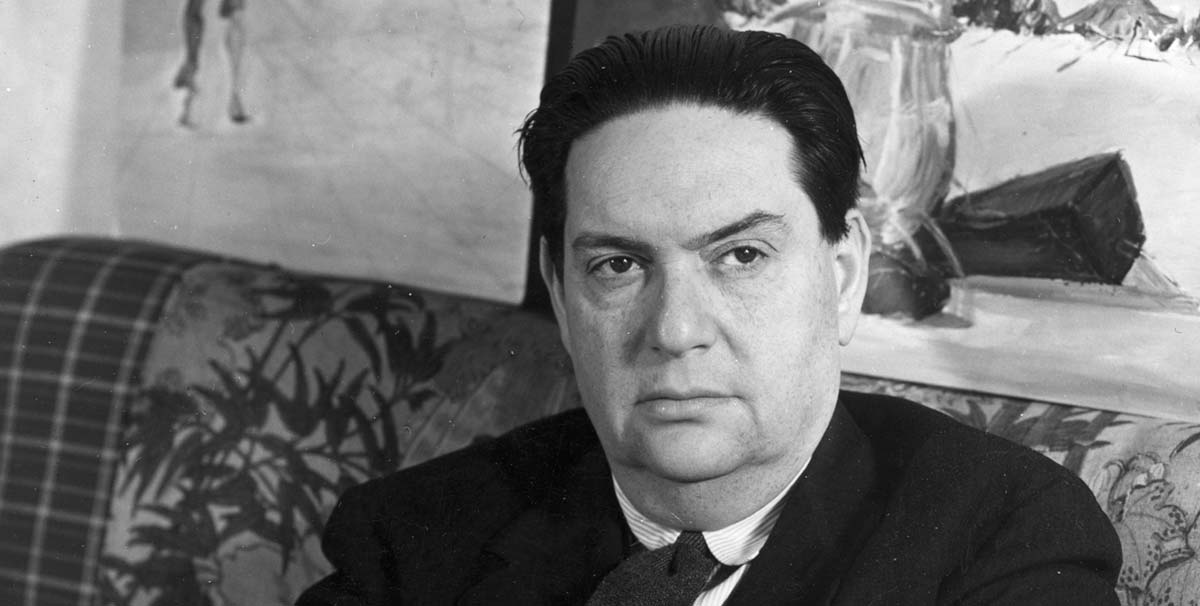Darius Milhaud, a pioneering figure in 20th-century classical music, left an indelible mark on the world with his innovative compositions and boundless creativity. Born on September 4, 1892, in Aix-en-Provence, France, Milhaud exhibited a profound musical talent from a young age. Growing up in a culturally rich environment, he was exposed to various musical influences, including the works of Debussy and Ravel, which would later shape his own musical style.
Milhaud's formal musical education began at the Paris Conservatoire, where he studied under renowned composers such as Charles Widor and Vincent d'Indy. Despite facing opposition from some of his instructors due to his unconventional approach to composition, Milhaud remained steadfast in his pursuit of innovation.

